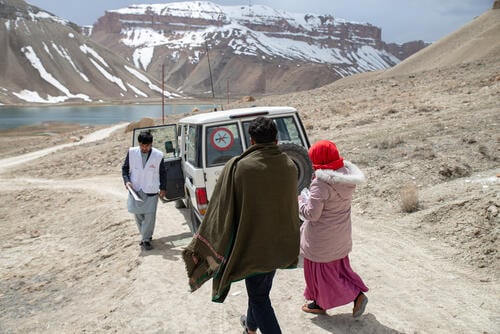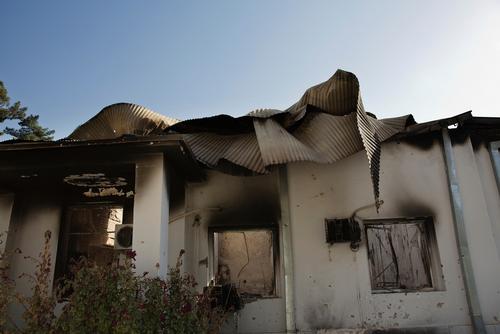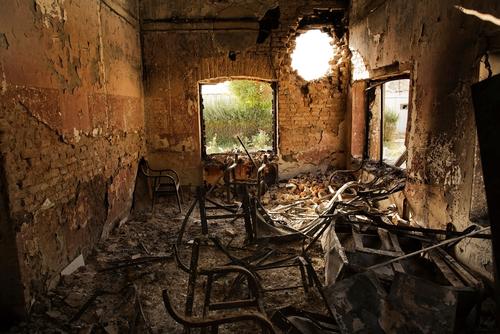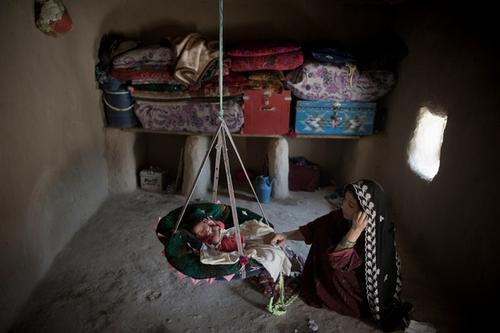MSF focuses on emergency, paediatric, and maternal healthcare in Afghanistan, which has one of the highest maternal mortality rates in the world.
We work in one hospital in Helmand province in collaboration with the Ministry of Public Health. We also run a maternity hospital in rural Khost province, a drug-resistant tuberculosis programme in Kandahar, and a trauma centre in Kunduz. We treat malnourished children, who have been displaced, in Herat province.
Major attacks on MSF hospitals have occurred in recent years; in October 2015, US airstrikes destroyed our trauma centre in Kunduz, killing 42 people. An armed group attacked our maternity wing at Dasht-e-Barchi hospital in Kabul in May 2020, with 16 mothers and an MSF midwife among those killed. In the wake of the attack, we made the difficult decision to withdraw from the hospital in Kabul, leaving women in the area without critically-needed emergency obstetric care.
In August 2021, the Islamic Emirate of Afghanistan (also known as the Taliban) entered the city of Kabul as the government collapsed. MSF teams have stayed in place and continue to provide care.
What are we doing in Afghanistan?

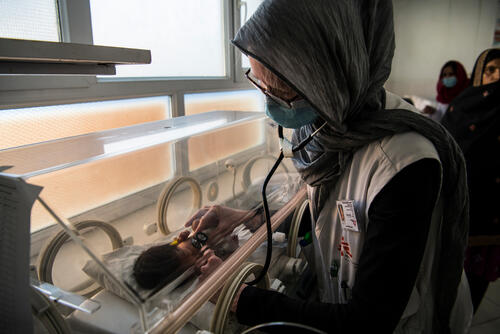
By providing free, high quality maternal and neonatal healthcare in two hospitals in Helmand and Khost provinces, we aim to help reduce death and sickness in mothers and their newborns in one of the most dangerous places in the world to give birth. Training medical staff is an integral and important part of our projects. We place an emphasis on training local female staff through our projects in Afghanistan. Almost all the midwives are Afghan women, some of whom have become highly experienced in managing complicated deliveries since we opened our maternity hospital in Khost in 2012.

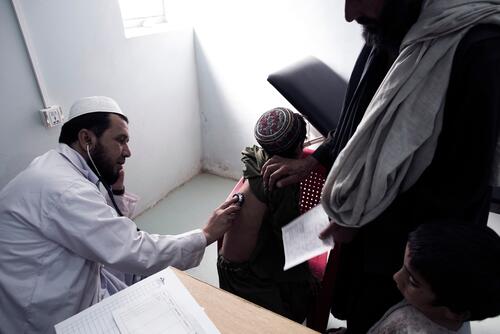
We support the diagnosis and treatment of drug-resistant tuberculosis. In Kandahar province, in the south of the country, we run a laboratory, as well as facilities for hosting patients during their treatment. In December 2019, we introduced a nine-month oral regimen allowing DR-TB patients to change from injectable drugs to pills and reduce their number of consultations at the hospital. The shorter, all-oral treatment produces fewer side effects and improves the patients’ quality of life. We also provide support to Mirwais regional hospital, and organise training for other facilities in Kandahar to improve the detection of TB, including drug-sensitive cases.

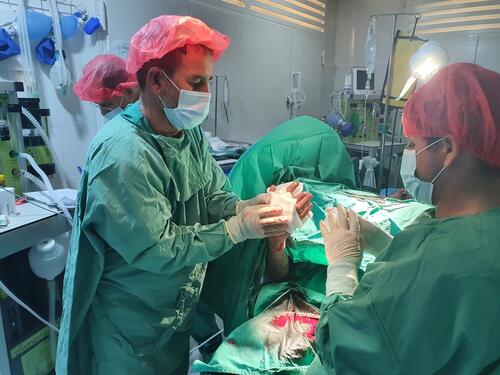
We opened a new 30-bed trauma centre in Kunduz in August 2021. The centre treats people with trauma injuries, for example, as a result of road traffic accidents, and people injured in the fighting who have complications. We do not have the capacity to provide neurosurgery and other facilities in the area that would normally have capacity are currently not providing that service; this is a stark illustration of the gaps in healthcare that have long existed, and are as acute as ever now.
Learn more
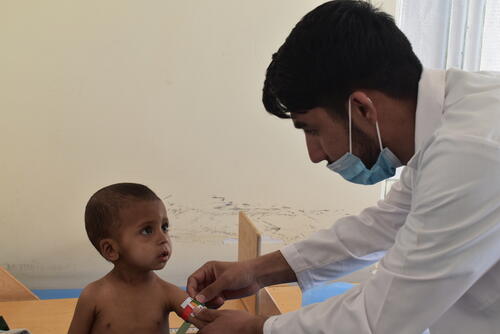
In both Herat and Helmand provinces, we treat malnourished children in inpatient therapeutic feeding centres; those coming to the centre at the regional hospital in Herat have often travelled some distance to get there.
Our activities in 2023 in Afghanistan
Data and information from the International Activity Report 2023.
3,269
3,269
55.5M€
55.5M
1980
198
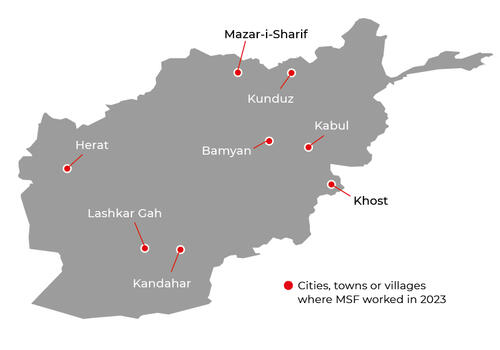

436,100
436,1
230,200
230,2
45,100
45,1

16,500
16,5
13,200
13,2
3,120
3,12
- Try a different country, year, format, or topic.
- Clear one or more filters



